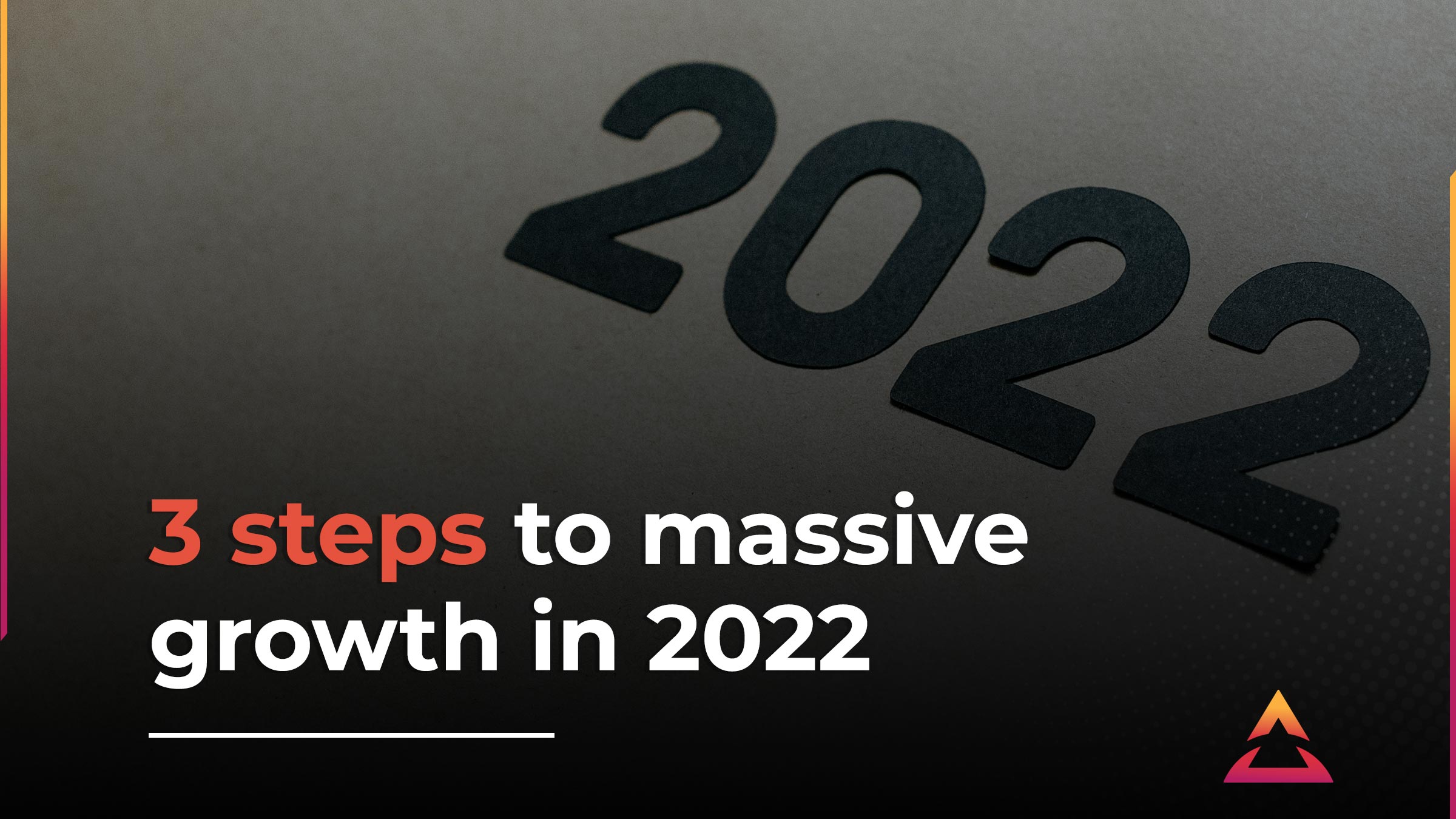How to Handle a Traffic Infringement Notice in Sydney: A Step-by-Step Guide
Receiving a traffic infringement notice in Sydney can be managed effectively. It's crucial to read your notice carefully to understand the alleged offence, penalty, and your options for action. Repute Law recommends contesting or paying the fine within the specified timeframe, ensuring you stay within legal requirements.
If you believe there has been a mistake or you have extenuating circumstances, you have the right to request a review of the infringement notice. You can usually do this online with Revenue NSW, but make sure to act within the given period, typically 60 days from the date the notice was issued. By exploring your options thoroughly, you ensure you’re making the best possible decisions for your situation.
Consulting with a legal advisor can also provide clarity and direction on how to handle your specific case. This is particularly useful if you need to appear in court or if you’re unsure about the process. Whether you decide to contest the notice or pay the fine, informed decisions will help manage any impact on your driving record and finances.
Key Takeaways
- Read the notice carefully and understand your options.
- You can request a review if there is a mistake or extenuating circumstances.
- Seek legal advice if you need more guidance through the process.
Understanding Your Traffic Infringement Notice
In Sydney, dealing with a traffic infringement notice requires understanding various aspects, including the types of notices you might receive, analysing the evidence presented, and being aware of the potential consequences.
Types of Notices and Offences
In Sydney, a traffic infringement notice can be issued for different types of offences. Speeding, running red lights, and illegal parking are common examples. Notices may be given on the spot or sent by mail, often including fines and demerit points.
Speed cameras and red-light cameras are widely used to detect and record these offences. Violations like mobile phone use while driving or drink driving carry severe penalties, including fines and possible licence suspension.
Understanding the type of notice and offence is crucial since each one has specific penalties and procedures.
Evaluating the Evidence
When you receive a traffic infringement notice, it is essential to carefully evaluate the evidence. The notice will typically include details like the date, time, and location of the offence. There may also be photographic evidence, especially for offences detected by cameras.
If you believe the notice is incorrect, gather any evidence that supports your case. This might include witness statements or GPS data. Knowing your rights and the available evidence helps in deciding whether to pay the fine or contest it.
Consequences of Traffic Infringements
Traffic infringement notices can lead to various consequences. Fines are the most immediate penalty. Depending on the offence, you may also receive demerit points on your driving record. Accumulating too many demerit points can lead to licence suspension.
Certain offences, like drink driving or excessive speeding, may result in mandatory court appearances. Repeat offenders can face even harsher penalties, including larger fines and extended suspensions.
Your insurance premiums may also increase due to traffic infringements. Understanding these consequences helps you make informed decisions about handling the notice and maintaining a clean driving record.
Legal Processes and Seeking Advice
To handle a traffic infringement notice in Sydney, it is important to understand the legal processes involved and when to seek professional advice. This section will cover how to decide whether to contest the notice, how to request a review, and the role of traffic lawyers.
Deciding to Contest the Notice
Deciding whether to contest a traffic infringement notice is a crucial step. I need to assess the details on the notice such as the alleged speed or specific offense, the location, and the time of the incident.
If I believe there is an error or if the notice is not warranted, I may choose to contest it. Contesting the notice means I will argue that the offence did not occur or that I am not responsible.
Seeking legal advice from an expert can help me understand the potential outcomes of contesting the notice. I might also consider the penalties involved and whether the impact on my driving record or fines justify this process.
Requesting a Review
I have the right to request a review of the traffic infringement notice. This step involves formally asking the issuing authorities to reexamine the notice.
Typically, I need to provide evidence, such as photographs or witness statements, supporting my claim that the notice is unjustified. The review process requires submitting this request within a specified period, usually 28 days from the date the notice was issued.
Reviewing the options available and understanding the necessary documents can improve my chances of a favorable outcome. Patience and attention to detail are key during this process.
Engaging with Traffic Lawyers
Sometimes, engaging a traffic lawyer or a criminal lawyer becomes necessary. These professionals can provide valuable legal advice and represent me in court if required.
Traffic lawyers in Sydney have specific knowledge about traffic law and can guide me through proceedings, whether it involves contesting the notice or negotiating a plea.
I should consider hiring a lawyer if the notice includes serious allegations or if I face significant penalties. A lawyer's expertise can often result in reduced fines or penalties, and in some cases, they can even secure a section 10 dismissal, meaning the offence does not go on my record.
Finding known firms like Sydney Criminal Lawyers can improve my chances of effectively handling the situation.
Managing Fines and Payments
When you receive a traffic infringement notice in Sydney, managing fines and payments promptly is crucial. This involves exploring payment options and understanding how to challenge the infringement if necessary.
Options to Manage Your Fine
There are several ways to manage your fine. If you have received a traffic infringement notice, you can either pay the fine, set up a payment plan, or apply for a review.
1. Paying the Fine: You can pay the fine online through the MyServiceNSW Account. This account lets you view due dates, amounts owing, and payment statuses. It is secure and quick, and your details are pre-filled to make the process easier.
2. Setting Up a Payment Plan: If you can't pay the full amount at once, you can arrange a payment plan with Revenue NSW. The State Debt Recovery Office (SDRO) offers instalment plans, with a minimum payment of $40 per fortnight.
3. Requesting a Review: If you believe the fine was issued in error, you can request a review. This can be done online through the Service NSW website. You need to provide evidence to support your case, such as photos or a valid explanation.
Challenging a Traffic Infringement
Challenging a traffic infringement can be a complex process, but it is possible if you have the right grounds and evidence.
1. Apply for a Review: I can apply for a review if I believe there was a mistake in issuing the fine. This request can be submitted online via the Service NSW website.
2. Nominate Another Driver: If another person was driving my vehicle at the time of the offence, I can nominate them to take responsibility. This can be done through the MyServiceNSW Account.
3. Court Election: To challenge the fine formally, I might choose to go to court. This involves applying for a court hearing through the SDRO. Keep in mind that if I lose the case, additional penalties and court fees may apply.
Managing fines and payments effectively is essential to avoid further penalties and complications. I need to act promptly, whether paying the fine, setting up a payment plan, or challenging the notice.
Related Posts
Join the movement.
Your Entourage journey starts here. Join Australia's largest community of over 500,000 business owners and entrepreneurs, and receive instant access to exclusive content and updates delivered straight to your inbox.




